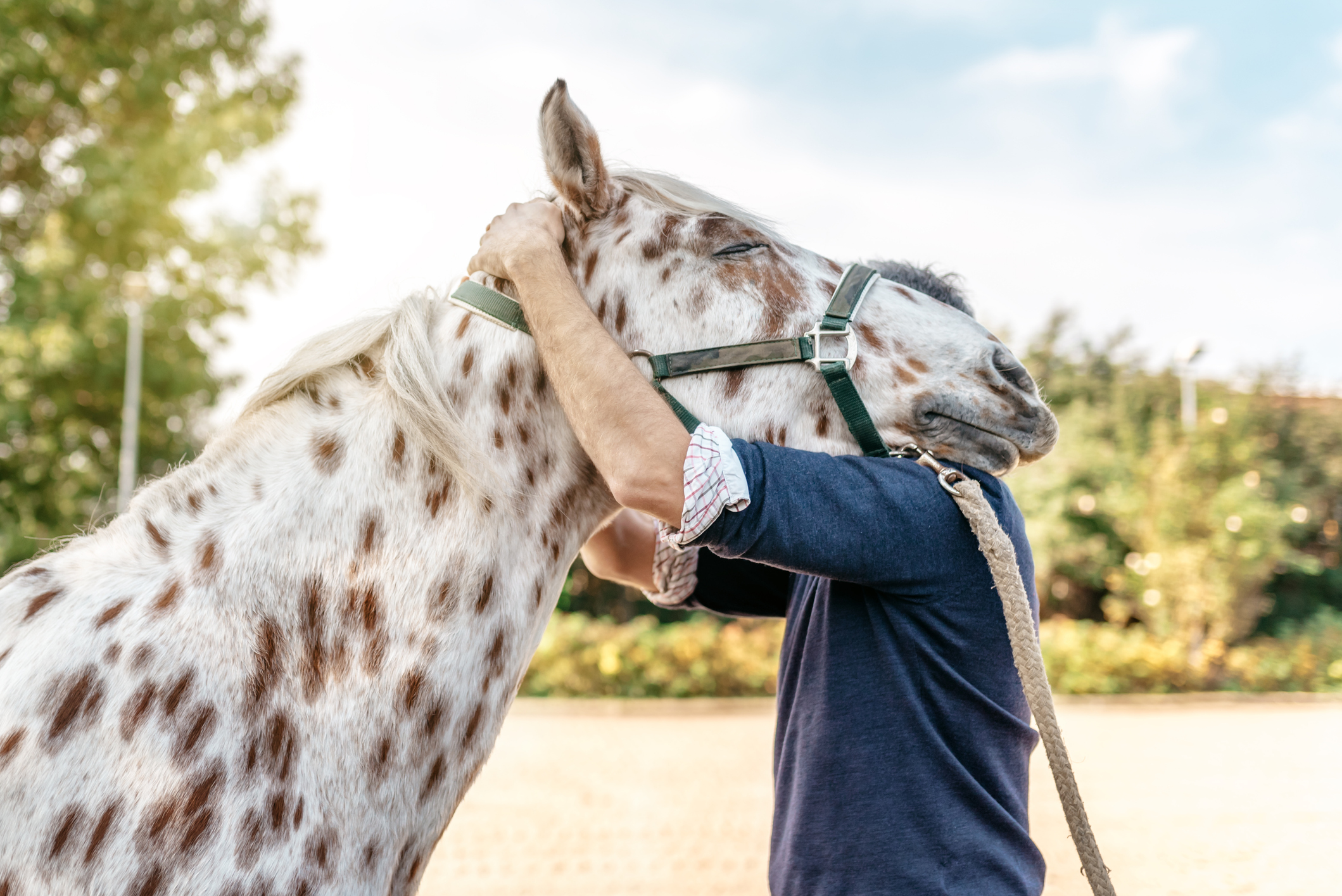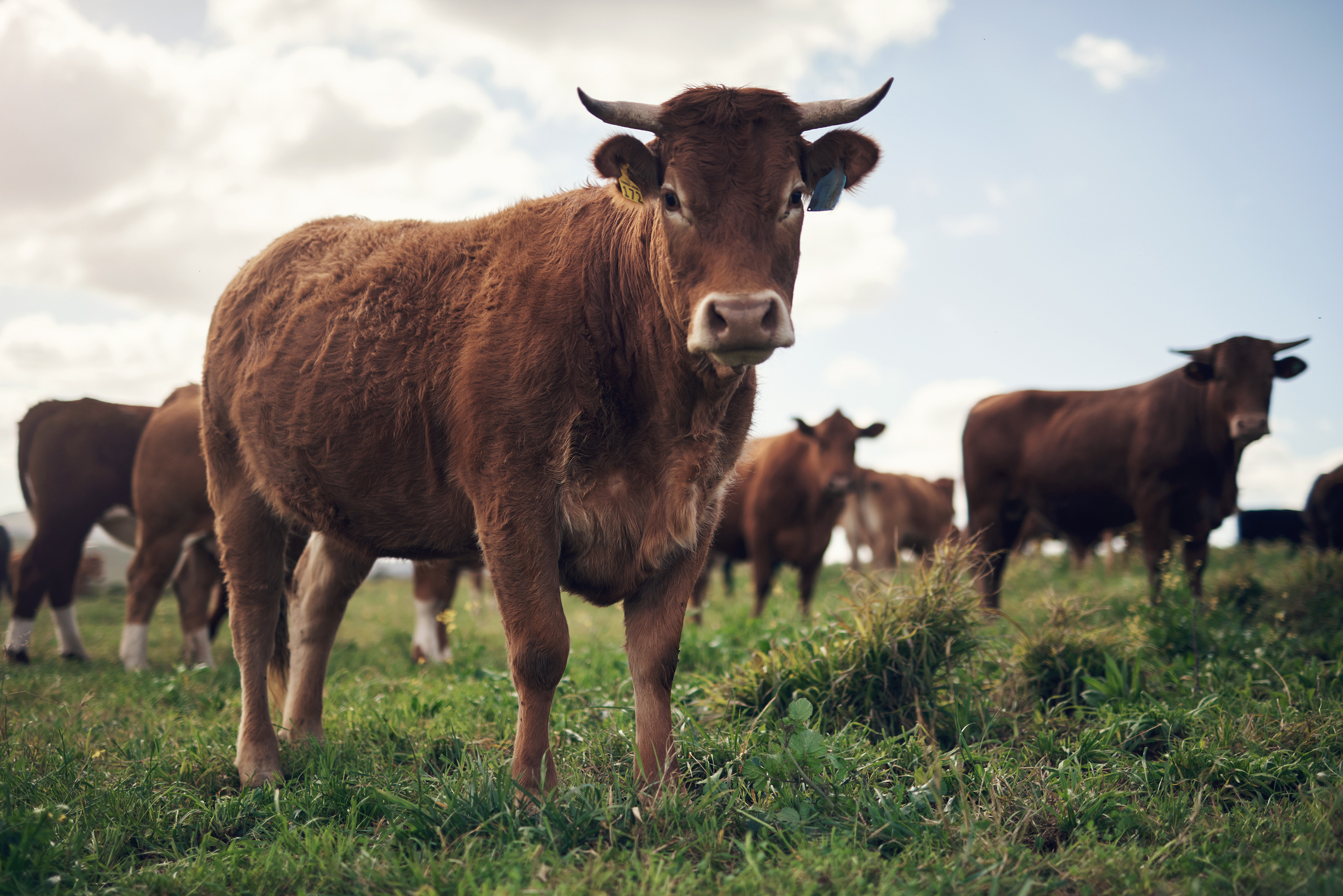On-Farm Services
Our large animal vets provide a wide range of services on farm including Herd Health programs, preg-checks, emergency surgeries, vaccinations, dehorning, offering sedation and monitoring for equine hoof trims, physical assessments and diagnoses, blood collection, etc.


- Routine Herd Checks
We offer weekly services where our technicians are on farm to check on your fresh cows and calves. The data we collect helps you and your herd vet to be up to date with the health of your animals. - Herd Health
We offer routinely scheduled visits from one of our large animal vets to come out to your farm and go over anything you need. such as:- Reproductive monitoring
- Complete udder health program
- Vaccination program development
- Fresh cow health monitoring
- Production analysis
- Calf and heifer rearing programs
- Quota management
- Cow comfort and barn design
- Emergency Services
Our vets are experienced in many emergent situations. Whether your horse is colicing, your livestock have injured themselves, or are in need of emergency surgery (such as a c-section, a displaced abomasum repair, uterine torsion or prolapse, etc.), our vets will be there for you and your animals; we will assure they get the best care we can give! - Mastitis Cultures
We provide the convenience of in-clinic mastitis culturing. We also offer on-farm milking routine evaluation, protocol development, and strategies to reduce the impact that mastitis can have in your herd. Results take a mere 24 to 48 hours and the information gathered is then used by your herd veterinarian to tailor protocols and recommendations specific to your farm’s and animals’ needs. - Mechanical Teeth Floating
Unlike human teeth, the horse’s permanent teeth will continue to grow throughout his or her life – approximately three millimeters per year. This is a very important factor in dental care, because that growth (if it is uneven or uncontrolled), can cause ‘malocclusion’ or poor contact between upper and lower teeth. This can cause pain and eating difficulties.
This procedure does require sedation. Please call the clinic to book your on-farm appointment to have your horses’ teeth floated.
